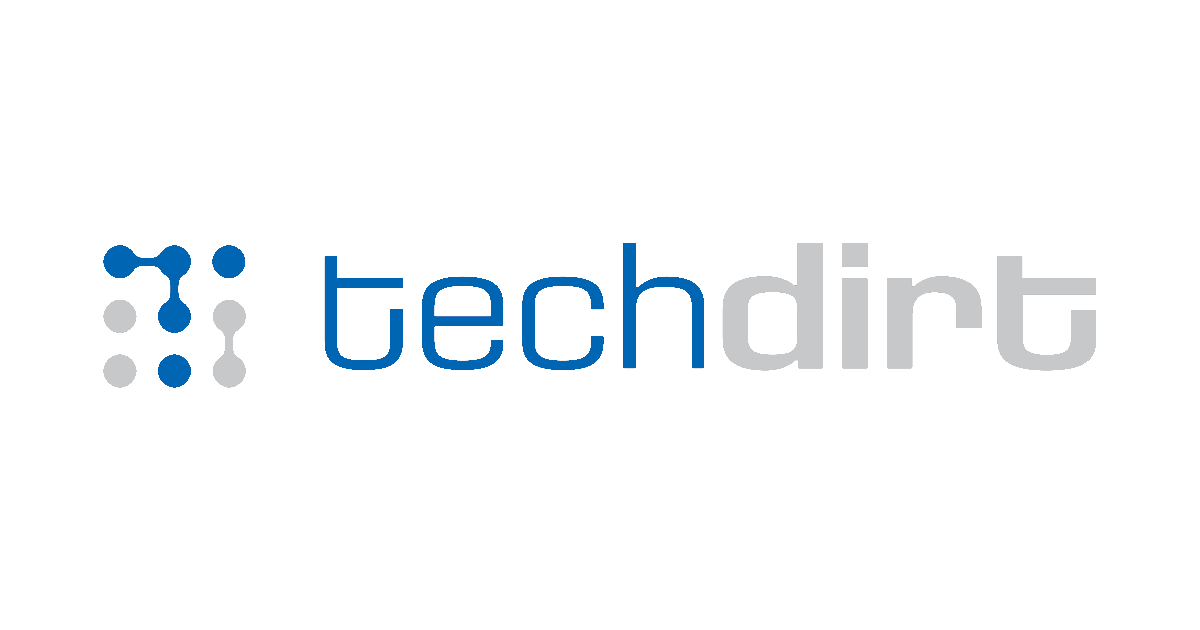4. If no authorisation is granted, online content-sharing service providers shall be liable for unauthorised acts of communication to the public, including making available to the public, of copyright-protected works and other subject matter, unless the service providers demonstrate that they have:
(a) made best efforts to obtain an authorisation, and
(b) made, in accordance with high industry standards of professional diligence,
best efforts to ensure the unavailability of specific works and other subject matter
for which the rightholders have provided the service providers with the relevant and necessary information; and in any event
(c)
acted expeditiously, upon receiving a sufficiently substantiated notice from the rightholders, to disable access to, or to remove from, their websites the notified works or other subject matter,
and made best efforts to prevent their future uploads in accordance with point (b).
5. In determining whether the service provider has complied with its obligations under paragraph 4, and
in light of the principle of proportionality,
the following elements, among others,
shall be taken into account:
(a) the type, the audience and the
size of the service and the type of works or other subject matter uploaded by the users of the service; and
(b)
the availability of suitable and effective means
and their cost for service providers.
6. Member States shall provide that, in respect of new online content-sharing service providers the services of which have been available to the public in the Union
for less than three years and which have an annual turnover below EUR 10 million, calculated in accordance with Commission Recommendation 2003/361/EC
(20) , the conditions under the liability regime set out in paragraph 4
are limited to compliance with point (a) of paragraph 4 and to acting expeditiously, upon receiving a sufficiently substantiated notice, to disable access to the notified works or other subject matter or to remove those works or other subject matter from their websites .

